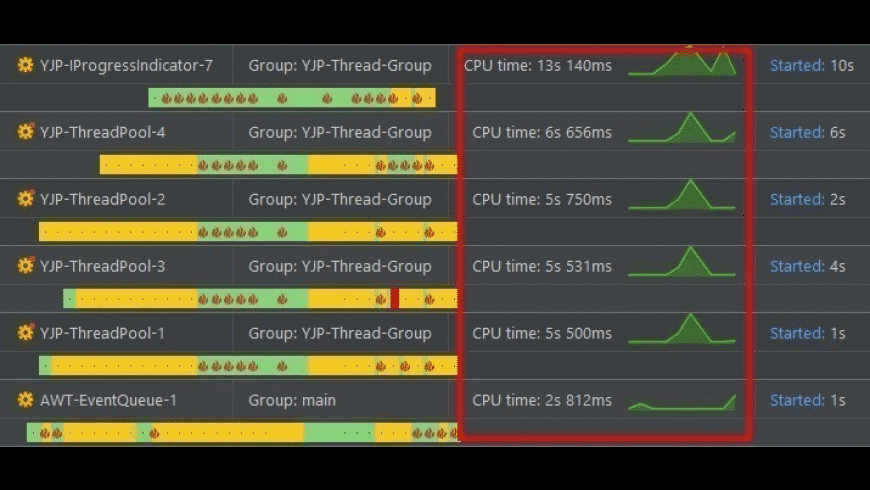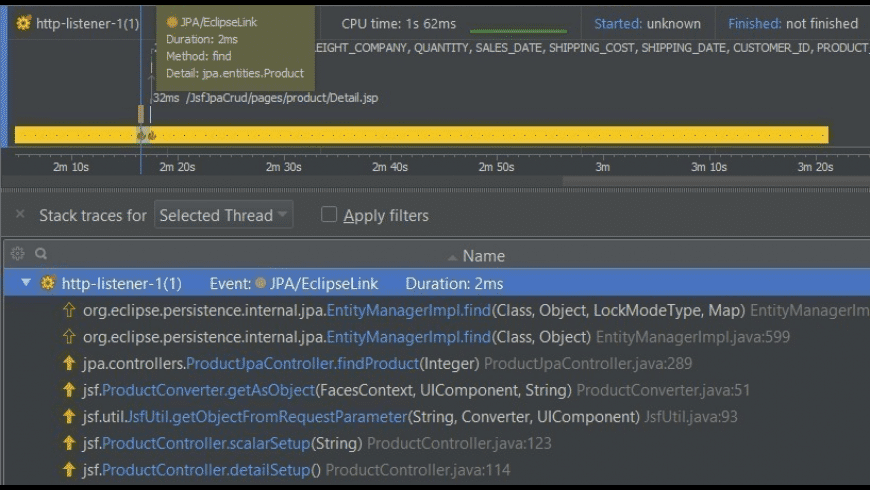Is your Mac up to date with the latest version of the Mac operating system (macOS or OS X)? Is it using the version required by some other product that you want to use with your Mac? Which versions are earlier (older) or later (newer, more recent)? To find out, learn which version is installed now.

Oct 26, 2017 Java for macOS 2017-001 installs the legacy Java 6 runtime for macOS 10.13 High Sierra, macOS 10.12 Sierra, macOS 10.11 El Capitan, macOS 10.10 Yosemite, macOS 10.9 Mavericks, macOS 10.8 Mountain Lion, and macOS 10.7 Lion. Java Downloads for Linux Recommended Version 8 Update 261 Release date July 14, 2020. A Mac does not come with a default Java installed. If we need to do something with Java we will have to install java into the Mac OS. There are many ways to install Java in Mac OS. We might have multiple Java versions installed in Mac and we may need to switch versions. In this article we see ways to switch between different Java versions.
Mac Java Version Check
If your macOS isn't up to date, you may be able to update to a later version.
- Dec 23, 2019 This will print out the current Java version installed on your Mac computer. Switch Between Java Versions. If you have more than one Java version installed on your computer and you need to switch to using a different version, you can do so by adding the -v Java Version flag. Let’s have a look at a short example.
- Below is a direct link to install the Java 6 Runtime for for OS X 10.11 El Capitan, OS X 10.10 Yosemite, OS X 10.9 Mavericks, OS X 10.8 Mountain Lion, and OS X 10.7 Lion. Install Java for OS X 2015-001 here.
Which macOS version is installed?
From the Apple menu in the corner of your screen, choose About This Mac. You should see the macOS name, such as macOS Mojave, followed by its version number. If you need to know the build number as well, click the version number to see it.
This example shows macOS Catalina version 10.15 build 19A583.
Which macOS version is the latest?


These are all Mac operating systems, starting with the most recent. When a major new macOS is released, it gets a new name, such as macOS Catalina. As updates that change the macOS version number become available, this article is updated to show the latest version of that macOS.
If your Mac is using an earlier version of any Mac operating system, you should install the latest Apple software updates, which can include important security updates and updates for the apps that are installed by macOS, such as Safari, Books, Messages, Mail, Music, Calendar, and Photos.
| macOS | Latest version |
|---|---|
| macOS Catalina | 10.15.7 |
| macOS Mojave | 10.14.6 |
| macOS High Sierra | 10.13.6 |
| macOS Sierra | 10.12.6 |
| OS X El Capitan | 10.11.6 |
| OS X Yosemite | 10.10.5 |
| OS X Mavericks | 10.9.5 |
| OS X Mountain Lion | 10.8.5 |
| OS X Lion | 10.7.5 |
| Mac OS X Snow Leopard | 10.6.8 |
| Mac OS X Leopard | 10.5.8 |
| Mac OS X Tiger | 10.4.11 |
| Mac OS X Panther | 10.3.9 |
| Mac OS X Jaguar | 10.2.8 |
| Mac OS X Puma | 10.1.5 |
| Mac OS X Cheetah | 10.0.4 |
A Mac does not come with a default Java installed. If we need to do something with Java we will have to install java into the Mac OS. There are many ways to install Java in Mac OS.
We might have multiple Java versions installed in Mac and we may need to switch versions. In this article we see ways to switch between different Java versions.
Set Java Version Mac
First of all we can check all the available java versions installed in Mac using following command:
In the .bash_profilefile if we simply add the following line with the desired version then it will switch to that specific version.

Java Version Mac Update
We can confirm this by checking the installed java version using the following command:
Java Version Mac Change
A good reference about Java version switching.
